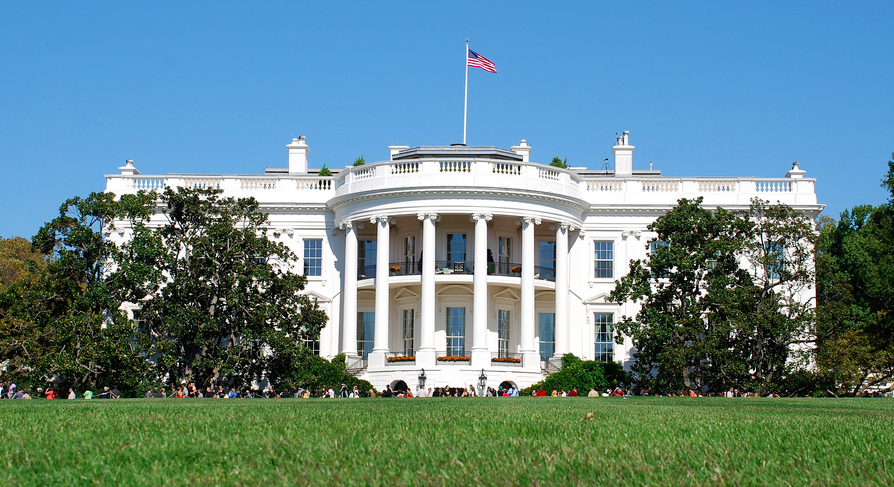White House Calls For More Municipal Broadband Networks, Urges FCC To Override State Laws Blocking Them

(afagen)
In a video (at the bottom of this post) and a statement, President Obama describes how municipal networks in places like Cedar Falls, Iowa and Chattanooga, Tennessee have promoted competition and consumer choice and proven to be a boon for the local economy. The conclusion? Communities all over the nation need access to better, faster, more competitive internet services and public networks are a good way to do it.
Of course, 19 states have laws on the books blocking the building or expansion of municipal broadband. Those laws are in large part thanks to incumbent ISPs, which spend lots of time and money sponsoring, writing, and lobbying for them.
The FCC has been mulling over the possibility of preempting — overruling and cancelling out — those laws since last summer. FCC chair Tom Wheeler said in June that communities should be able to create municipal networks as they see fit. Shortly afterward, communities in Tennessee and North Carolina wishing to expand their existing municipal fiber networks filed petitions with the FCC asking the commission to overrule their respective states’ bans so they could do so.
The Obama administration will be filing a letter with the FCC formally opposing the broadband-blocking laws and asking the commission to “join this effort by addressing barriers inhibiting local communities from responding to the broadband needs of their citizens.”
The White House also announced grants, loans, and other programs to support the expansion of publicly-owned broadband networks in badly underserved rural areas, as well as a Community Broadband Summit (to be held in June) and a new Department of Commerce program to support broadband adoption.
The official statement from the Administration echoes what we’ve heard time and time again: the issue with broadband adoption and quality in the U.S. is not one of demand, but of competition — or rather, the absence of it. Even cities with fiber-optic cables running beneath their streets are often letting them sit dark while a monopoly or duopoly provides whatever service it feels like at whatever price it demands.
You can watch the short preview of the President’s remarks here:
Want more consumer news? Visit our parent organization, Consumer Reports, for the latest on scams, recalls, and other consumer issues.

